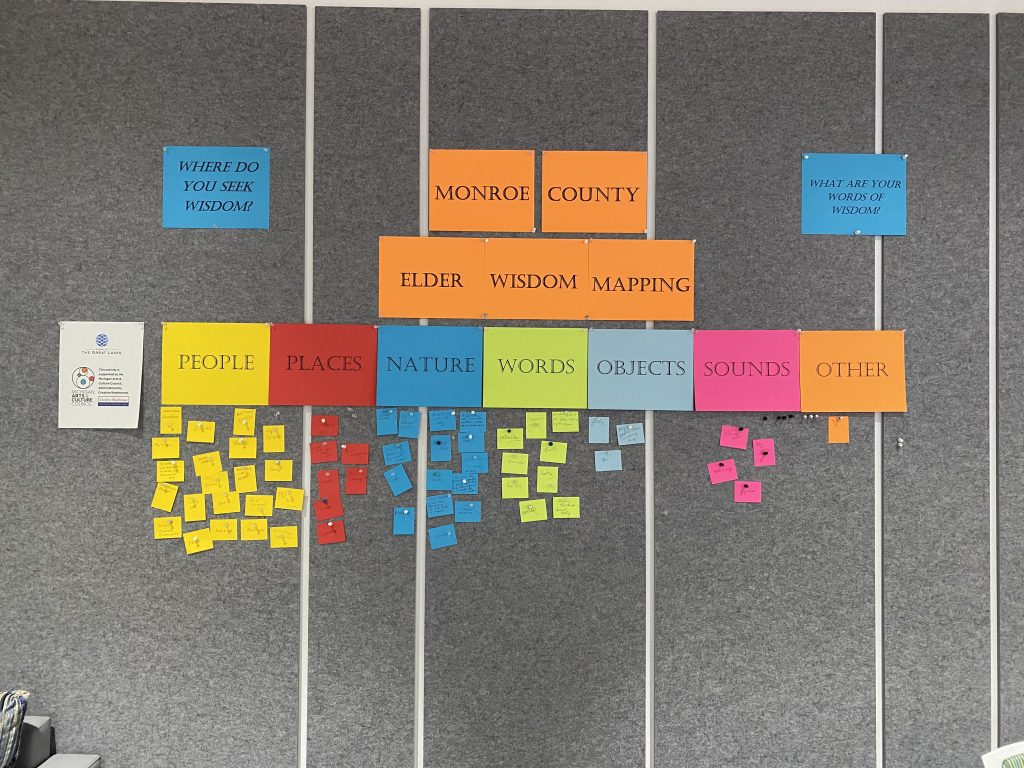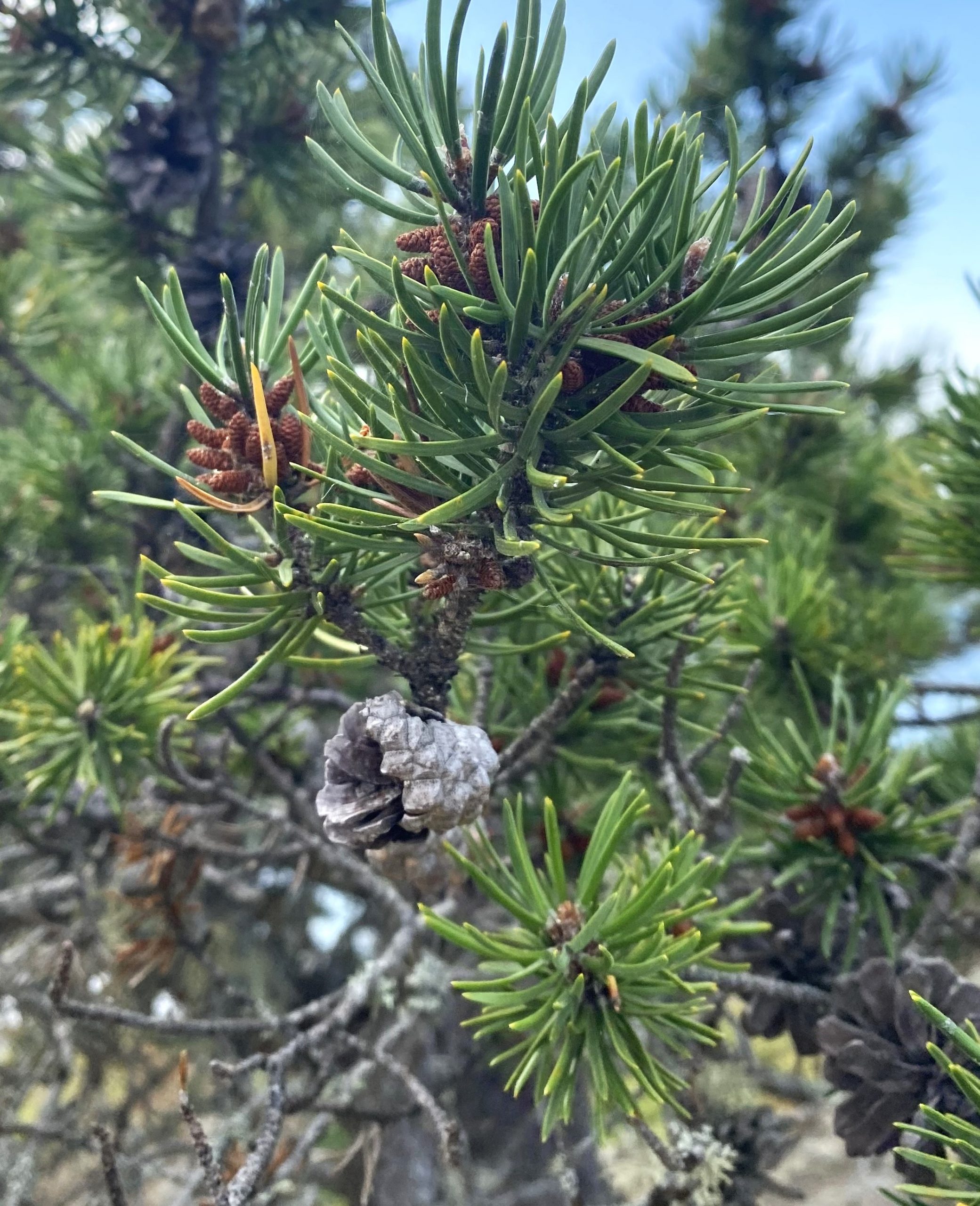
Resources
Explore some highlights from our collection. Click on the title of any section to visit its page.
Cover Image: Summer in the Windy City by John Shultz
Featured Books
This month, we are featuring 3 books from our digital bookshelf. Click on the covers below to learn more about the authors and to find these titles at your local library!
Digital Bookshelf
Check out our full collection of titles and find books at your local library using our Digital Bookshelf!
Much of our original list was compiled using Sally Cole-Misch’s Suggestions For Further Reading, which you can download at the link.

Living Here
Poet Keith Taylor explores what it means to be part of the Great Lakes community in his column Living Here. Read the latest edition below, or check out past posts here.
Elder Wisdom Mapping
Elder Wisdom Mapping was conceived when reading Monroe County’s 2024 “One Book, One Community” choice: Firekeepers Daughter by Angeline Boulley and the companion book: The Best Part of Us, by Sally Cole-Misch.
Check out the Elder Wisdom Mapping page to explore this interactive community activity, download instructions, and read some past answers to the question:


How can we best carry our elders’ knowledge of the Great Lakes region forward to face the challenges and opportunities we encounter today?




